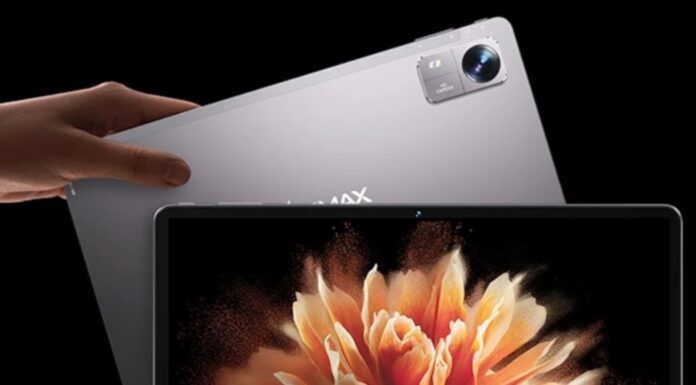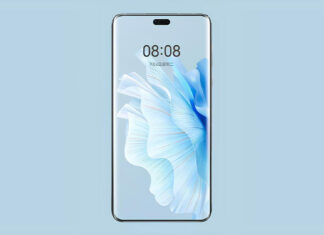Di tendenza
ULTIMI ARTICOLI
Sonos presenta la nuova app: tutti i servizi in un’unica schermata
Sonos ha presentato in questi giorni un'app totalmente ridisegnata che offre un'esperienza di streaming e riproduzione musicale semplificata, con servizi, comandi e contenuti riuniti tutti in un'unica schermata principale. L'app, resa finalmente più moderna,...
BMAX MaxPad I10 Pro 2023 è il tablet 4G super economico, a meno di...
Dopo il modello MaxPad I11 Plus (ritornato in versione 2023) ora tocca anche ad un altro tablet iconico del brand cinese. Anziché lanciare delle generazioni successive, la compagnia sta aggiornando alcune delle sue gamme...
DUOTTS presenta OOTD D88: il monopattino fuoristrada “tamarro” e potente
Arriva una novità particolarmente "tamarra" nella linea di monopattini elettrici del brand cinese. DUOTTS OOTD D88 è un veicolo potente ed aggressivo, pensato per affrontare qualsiasi tipo di percorso: se sei alla ricerca di...
iQOO Z9 (Snapdragon), Z9 Turbo e Z9x ufficiali: a tutta batteria e ricarica
Non molto tempo fa abbiamo fatto la conoscenza di iQOO Z9, ma il sub-brand di vivo gli ha ufficialmente affiancato altri tre nuovi modelli di smartphone per la serie Z. Uno si chiama ancora...
Questo smartwatch Blitzwolf nasconde degli auricolari TWS (e costa meno di 35€)
Blitzwolf ha tirato fuori dal cilindro l'ennesimo accessorio tech super conveniente e questa volta abbiamo a che fare con un gadget che integra 2 prodotti in 1. BlitzWolf BW-HW1 è lo smartwatch completo ed...
Huawei Mate 70 sfiderà iPhone 16? Il lancio avverrà molto in ritardo
Aggiornamento 24/04: un altro leaker parla del presunto rinvio della serie Huawei Mate 70, trovate i dettagli nell'articolo.
La serie Mate 60 ha riscosso un enorme successo commerciale, e la società dovrà capitalizzarlo scegliendo la...
Amanti della musica? Moondrop MIAD-01 è lo smartphone che vi sorprenderà
Aggiornamento 24/04: annunciate le specifiche tecniche, le trovate nell'articolo.
Quello che viviamo oggi è un mercato telefonico ben diverso da qualche anno fa, quando il panorama era composto da un numero piuttosto nutrito di produttori...
Honor 200 Lite in arrivo in Italia: promo e dettagli dallo store ufficiale
Aggiornamento 24/04: il nuovo medio gamma di Honor è spuntato anche nello store ufficiale italiano. Trovate tutti i dettagli direttamente all'interno dell'articolo.
Lo store ufficiale francese del brand cinese anticipa il debutto di Honor 200...
Honor premia i giovani talenti creativi: al via la 3° edizione di Magic Moments...
Il contest fotografico del brand è cominciato: la compagnia cinese ha dato il via al concorso Honor Magic Moments Awards 2024, giunto ormai alla terza edizione. Si tratta di un'iniziativa che premia il talento...
Twitter/X approda in TV: in arrivo una nuova app per i video
Da quando Elon Musk ha acquisto Twitter, del social network che conoscevamo è rimasto ben poco. Oltre a cambiare il nome in X, sono arrivate diverse funzionalità che hanno snaturato il vecchio social dell'uccellino...






















